How To Stay Safe When Travelling
Thank you for coming to read our post on ‘How to stay safe when travelling’.
Disclosure: Bear in mind that some of the links in this post are affiliate links and if you go through them to make a purchase I will earn a commission. Keep in mind that I link these companies and their products because of their quality and not because of the commission I receive from your purchases. The decision is yours, and whether or not you decide to buy something is completely up to you.
We’ve been really lucky to date that we’ve not experienced too many bad issues when travelling. However, it’s not always been plain sailing and all the points covered below are things we do. Follow this guide on how to stay safe when travelling and it’ll help ensure you have a safe and stress free trip, wherever you’re going.
Don’t carry cash
We don’t carry much cash with us anymore when we travel as, unless you are going somewhere that would obviously need it (do your research but less developed Countries may rely on cash still), it’s much safer not to have it on you. Increasingly we find that pretty much everywhere accepts debit cards and if not, we will withdraw small amounts of money from ATMs when we’re there. Check your travel insurance to see how much cash you’d be covered for if it was lost or stolen.
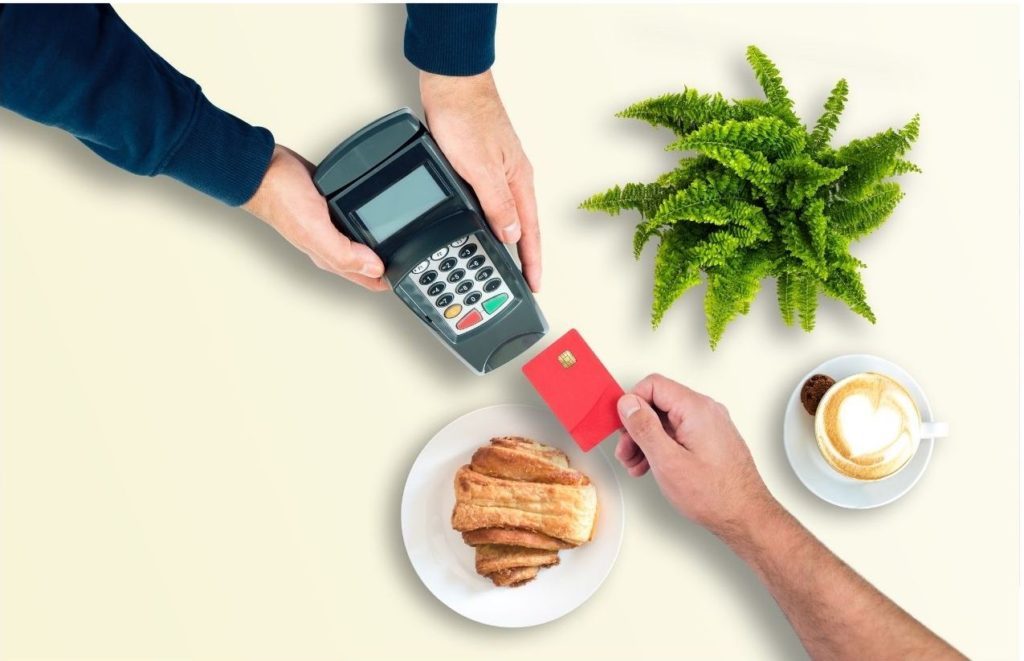
If you prefer to not pay using Debit or Credit cards then use can use preloaded cards now which you simply add money to before you go and use them whilst abroad. Fantastic if you need to keep to a budget and less charges than a debit or credit card.
Have a look at this detailed article by the Money Advice Service for more in-depth information about your money options abroad.
Take a First Aid Kit
Ever since I started going away without my parents I have taken a First Aid Kit with me and it’s saved our skin on quite a number of occasions. Even just having a packet of paracetamol on you can make the difference if you’re feeling unwell. And it goes without saying that children need a steady stream of plasters available to them (at least my two do!)
My essentials in my family first aid kit are:
- Both adult and child painkillers (I usually take Paracetamol, Calpol and childrens Nurofen).
- Plasters (I buy a packet that has a variety of sizes)
- Antiseptic Wipes
- Baby wipes
- Tissues
- Throat Lozanges
- Hand Sanitiser
- Dihorhea tablets
- Anti itch cream/insect repelent
I adapt and add/remove things depending on where we’re going and how accessible medical facilities will be. Particularly with our children we have found that we’ve had to go to pharmacies abroad a couple of times and they have always been extremely helpful.
You can buy pre made first aid kits that are usually very comprehensive and could give you a good start point. Here are some good ones that I have found:
90 Piece Premium First Aid Kit £10.51
Mini First Aid Kit £9.95
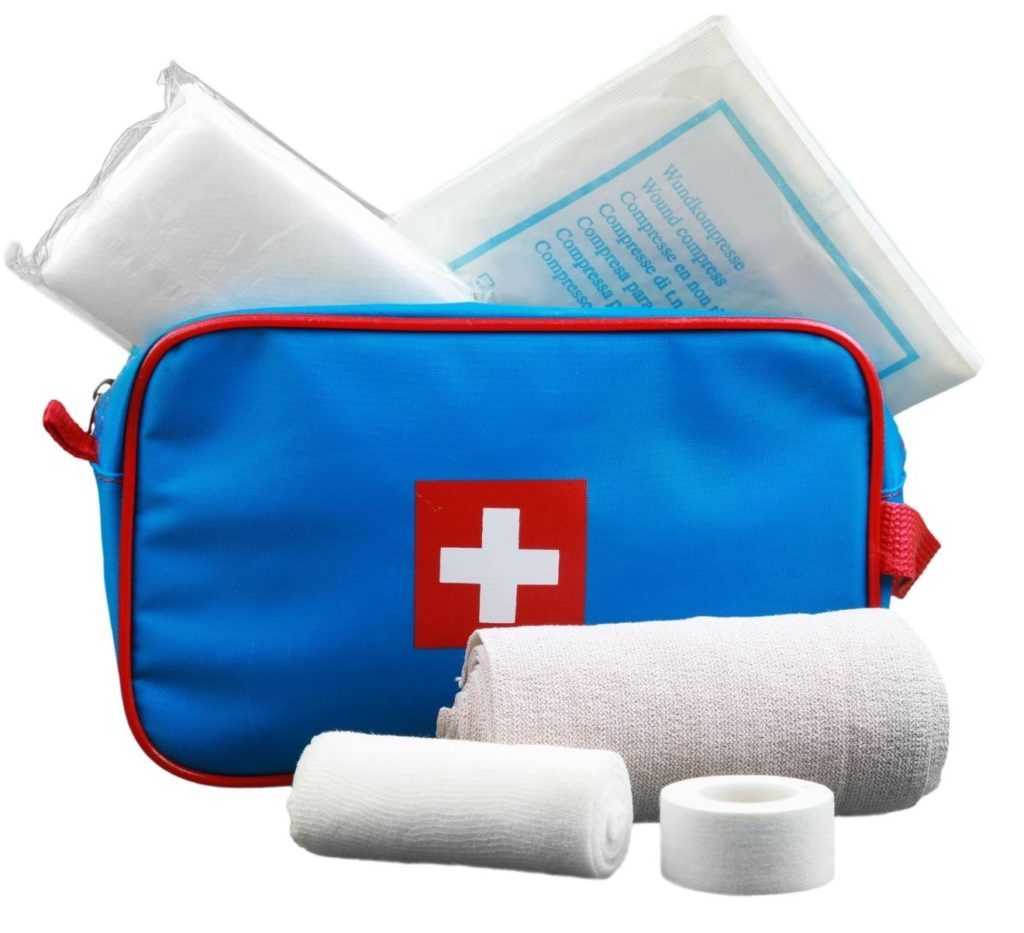
Car Safety
Seat belts and car seats are essential even when you’re not in your home Country. We take car seats with us now having had numerous bad experiences with car seat hire with car hire companies. It makes it a lot easier to fit a car seat you and your child are familiar with and you’ll know they meet all safety criteria (which some of the ones from car hire companies definitely don’t!)
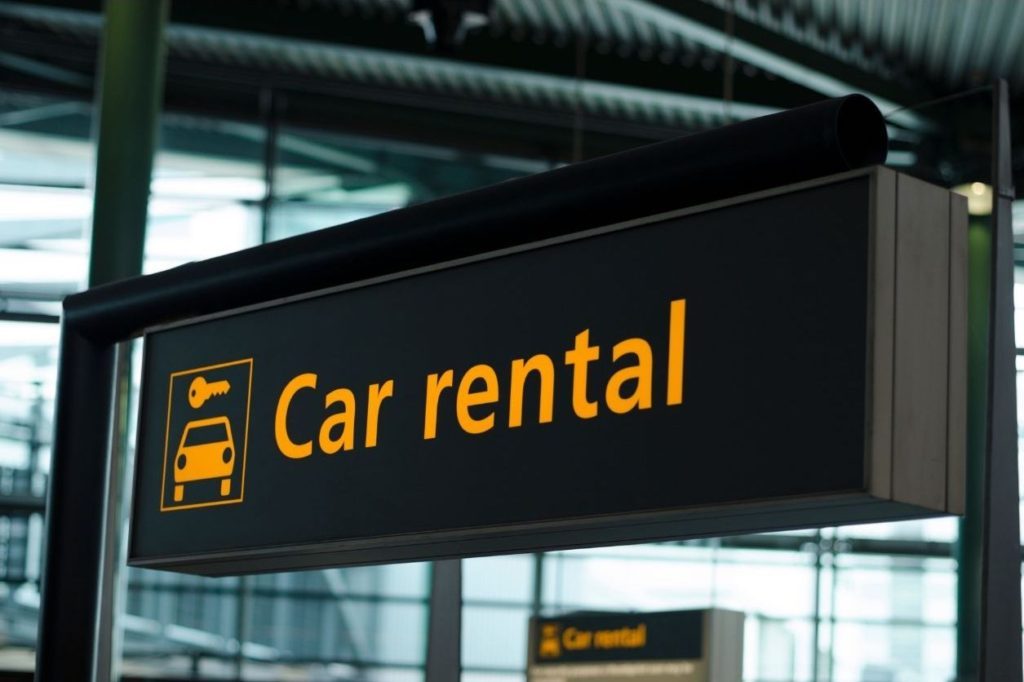
Most airlines allow children and infants 2 extra pieces of checked in luggage (such as a pushchair, travel cot or car seat).
Watch what you eat
Food poisoning is horrible but you can take steps to ensure you avoid it where possible.
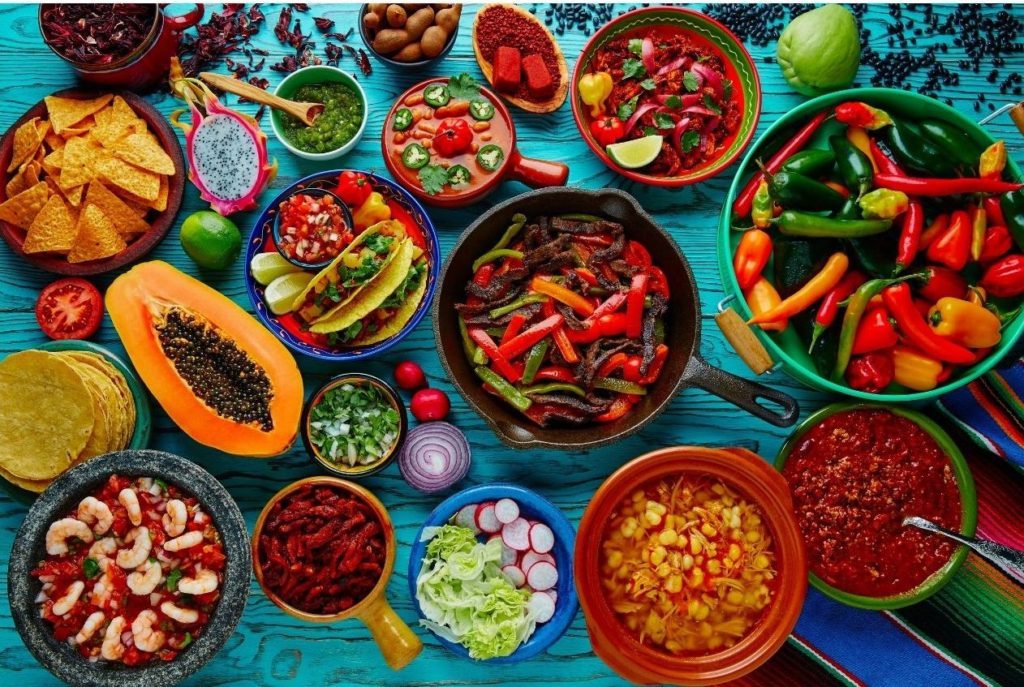
- Don’t eat food that’s been sitting out for ages (this can be a particular risk at buffets). All Inclusive Hotels can be particularly vulnerable to this, we’ve stayed in places where it’s been clear the same food has been wheeled out many days on the trot.
- If it’s meant to be hot, ensure it’s piping hot!
- Eat where the locals are eating.
- Ensure tap water is safe to drink or take bottled water, or water purifying tablets. If the water is unsafe, or you have your suspicions be careful of ice too.
- Something we’ve all learnt this year for sure is the power of good hand hygiene. Always wash your hands before eating or preparing food and carry hand sanitiser with you. Take wipes to wipe down high chairs and tables if necessary. For some reason, both at home and abroad – high chairs seem to get missed out of the cleaning regime.
- When eating fruit stick to the peelable types like bananas, mangoes and pineapple.
Travel Insurance
Now more than ever a good travel insurance policy is essential for all travel, home or abroad. The money advice service has a good run down of what you need to have included here.
Know before you go
It’s really important to do your research before you go to a different Country. From road rules, to different laws, you need to know what to expect before you go.
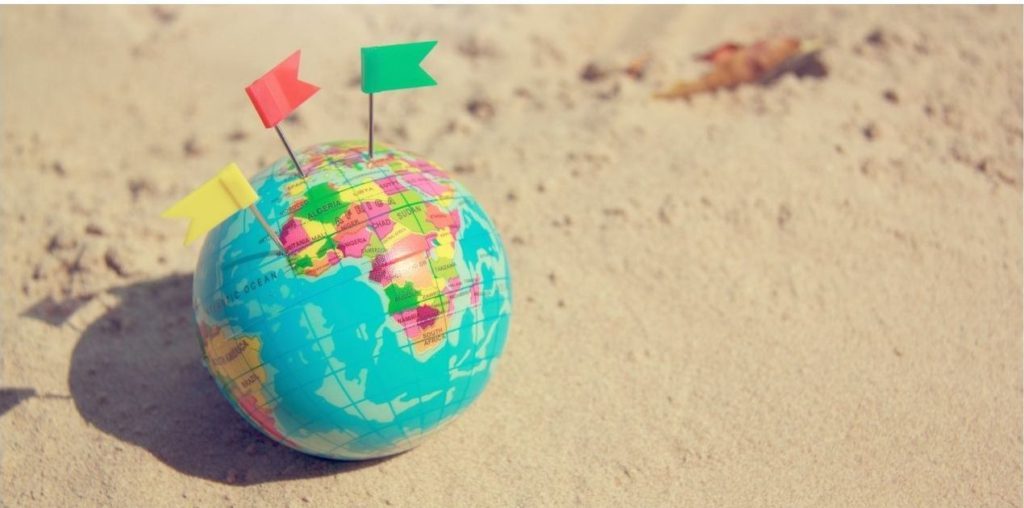
If hiring a car be sure to know firstly what side of the road they drive on! Also any rules like whether you can turn right on a red light (this one can be a funny one for us Brits!) and what certain road signs mean. Also some countries have rules about what you need to have in your boot when driving there – in France for example you need reflective jackets ready for if you break down. Find out more of the rules of driving in France here.
Some countries have certain expectations on how to dress in public, or at religious sites. Whether you can drink alcohol or import certain medications are also things to research.
Be aware of your surroundings
We have had overwhelmingly positive experiences on our travels but we are ALWAYS viligant and mindful of us and our belongings.
- If somewhere doesn’t feel safe, it probably isn’t, so trust your instincts and leave that area. Don’t flash cash, watches or rings – if you are going somewhere that you think showcasing wealth may draw negative attention – don’t take them with you! I personally have taken my wedding and engagement rings off when traveling in certain Countries and it makes me feel much less of a target.
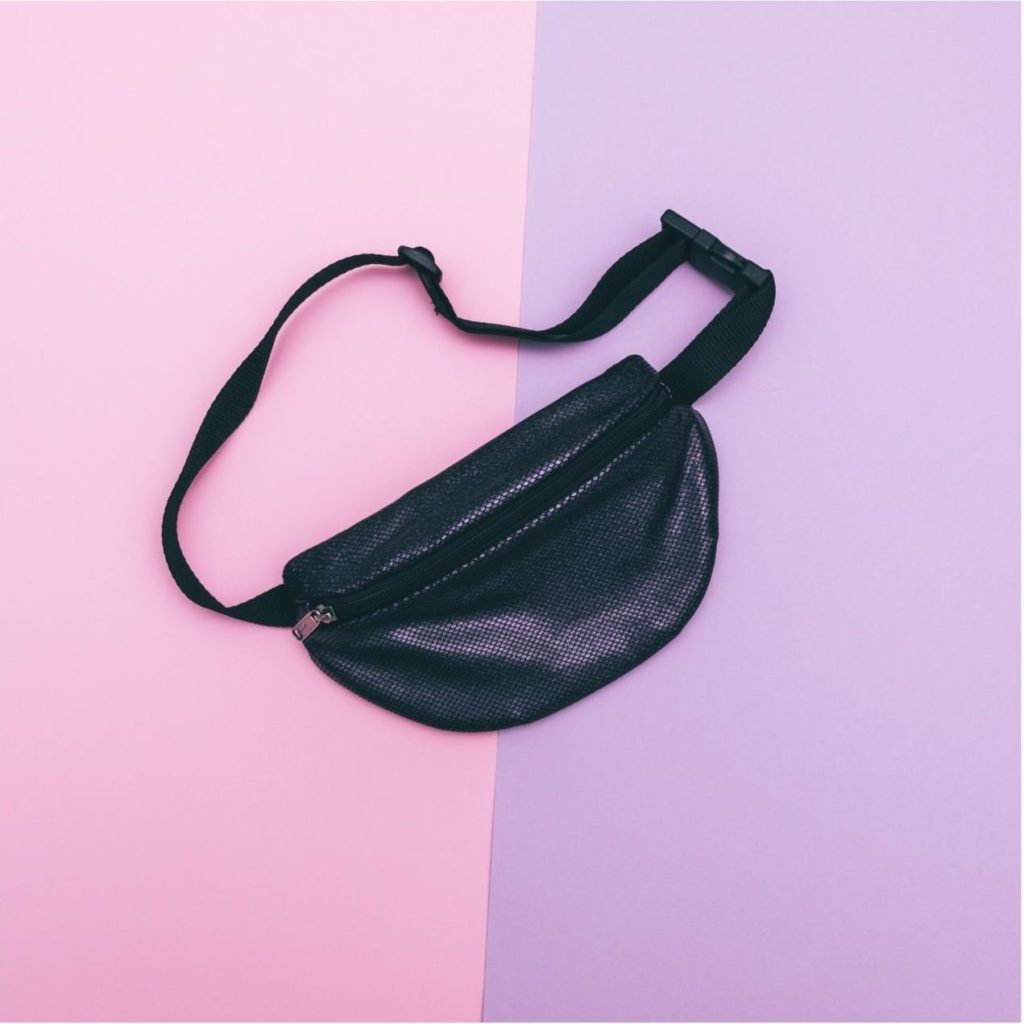
- Use the safe in your room if one is provided – keep any cash, passports and items of personal importance in there.
- When sat at a restaurant don’t leave your bag out of your view, tuck it somewhere that it can’t be taken easily and put your chair leg through the strap. The same goes for any cameras etc.
- If you are walking in a crowded space, put your backpack on your front or make sure someone else in your group is walking behind you.
- Be conscious of what you have in your pockets (Dave always carried his wallet and phone in his pocket which makes me nervous!) In areas where you feel you need to take extra precautions, consider a bum bag (fanny pack if you’re American!) for money, cards and phones instead.
Conclusion
Thanks for reading our guide on how to stay safe when travelling. For more on travelling with children have a read of our essentials for travelling with children here.






